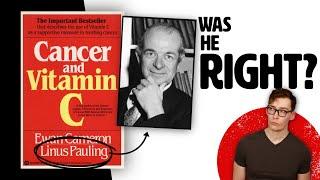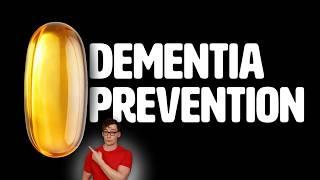Autism, ADHD, and Anxiety: Understanding the rise in autism and a multidisciplinary approach to diagnosis and treatment of each condition in children | Trenna Sutcliffe, M.D.
Peter Attia
Jan 6, 2025
Mindsip insights from this episode:
Investigate grandparent's environmental impact on grandchildren's health
A controversial theory suggests that a grandparent's environmental exposures could cause heritable epigenetic changes that are passed down to their grandchild.
Address underlying causes of oppositional behavior in children
Oppositional behavior in a child is often a symptom driven by an underlying cause like anxiety, impulsivity from ADHD, or sensory overload, not just a standalone disorder.
Choose ADHD medication brands wisely for effective treatment
Even when ADHD medications like Ritalin and Focalin share the same active ingredient, a child can respond very differently due to variations in the drug's release mechanism.
Question the validity of man-made diagnoses for mental health conditions
Diagnoses for conditions like anxiety, ADHD, and autism are based on man-made clinical checklists, not biological markers like blood tests or brain scans.
Recognize impairment to understand anxiety and ADHD traits
Having traits of anxiety or ADHD is normal, and a diagnosis is only warranted when those traits create significant impairment in a person's ability to function.
Assess self-esteem in children through hypothetical scenarios
To assess a young child's self-esteem, clinicians may ask them about a hypothetical third person, as it is often easier for the child to project their own feelings and experiences.
Understand autism through the 'ten-hit' model
The cause of autism is not a single factor but is thought to be a 'ten-hit' model, where multiple genetic, environmental, and epigenetic hits combine to cause the condition.
Recognize high heritability of autism for better understanding
The genetic heritability of autism is over 90%, which is believed to be higher than any other condition in the DSM, including schizophrenia and bipolar disorder.
More from
Peter Attia
AMA #78: Longevity interventions, exercise, diagnostic screening, and managing high apoB, hypertension, metabolic health, and more
Ketogenic diet, ketosis & hyperbaric oxygen: metabolic therapies for weight loss, cognition, Alzheimer's & more | Dom D'Agostino, Ph.D.
The evolutionary biology of testosterone: how it shapes male development and sex-based behavioral differences, | Carole Hooven, Ph.D.
The impact of gratitude, serving others, embracing mortality, and living intentionally | Walter Green (#288 rebroadcast)
Thyroid function and hypothyroidism: why current diagnosis and treatment fall short for many, and how new approaches are transforming care | Antonio Bianco, M.D., Ph.D.
You also might be interested in
Ketosis (Fasting/Ketogenic Diet) accelerates Cancer Growth - New Study
Soda & Cancer Death: The Link Found in Multiple Large Studies
Early Detection Saved Me: Maria Menounos on Becoming the CEO of Your Health
Linus Pauling: Vindicated by New Evidence?
One Fat Can Prevent Dementia — If You Eat It Long-term











